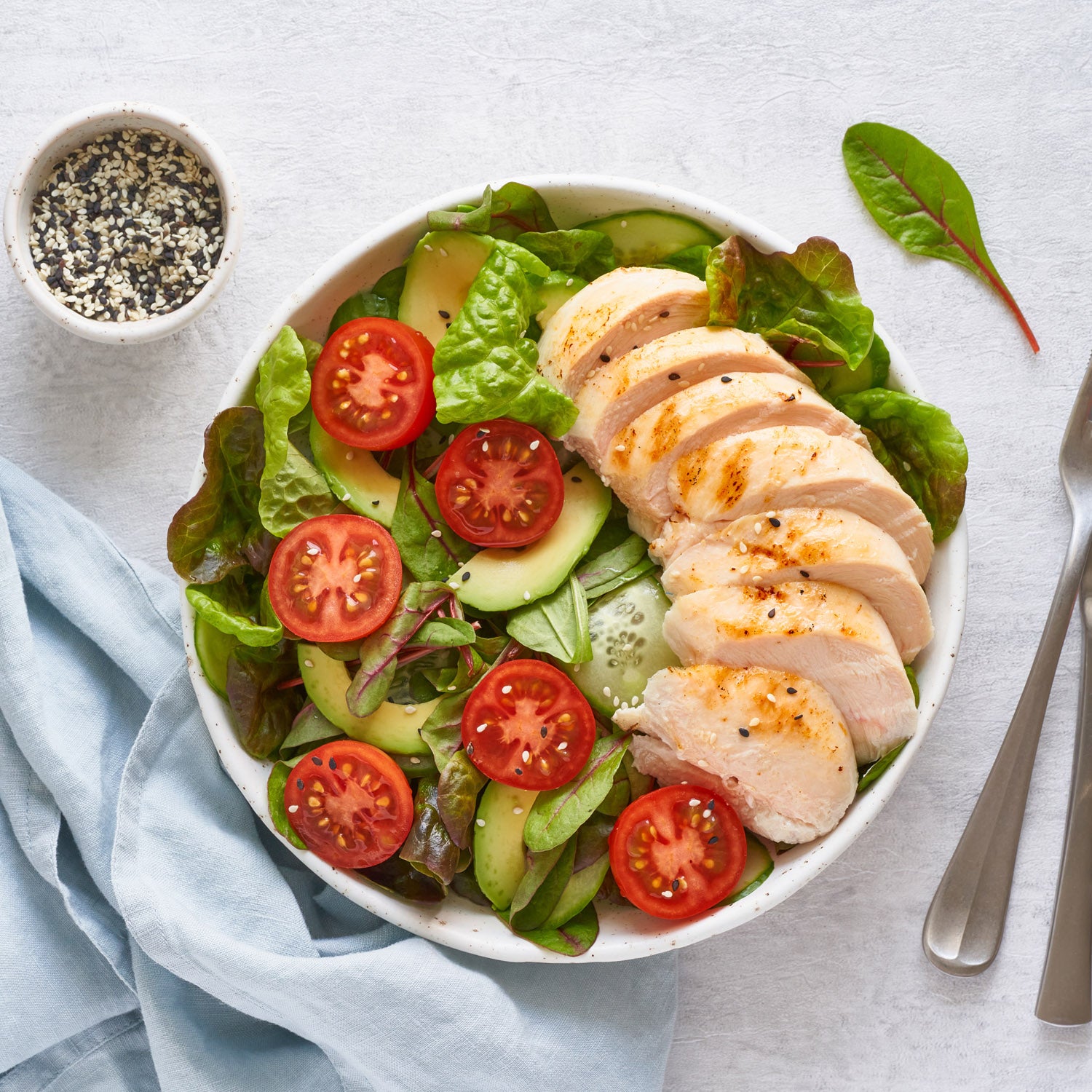The majority of athletes build rest days into their programme to help their bodies recover from hard sessions.
It’s a commonly held belief that you don’t need to eat as much on rest days because your activity levels are lower and therefore your body requires less fuel.
In most cases, this is not true. Most nutritionists or dieticians will advise you to maintain a good amount of calorie intake to continue working towards muscle growth and greater fitness gains.
Here, Built for Athletes takes a look at why you should still fuel your body and the steps you should take to get your nutrition right on rest days.
Your Body Is Still Recovering & Growing On Rest Days
While the work is done during your sessions, the body improves when it’s resting after workouts.
Muscle continues to repair and regenerate for 48 hours after you exercise, so it’s important to fuel that recovery process on your rest days too.
If you fail to get your nutrition right, you won’t be getting all of the gains you could be from the work you’ve put in, and you could end up with increased delayed onset muscle soreness.
The food you eat on your rest days will also be important to fuel upcoming workouts in the following days.
Maintain Protein & Carbohydrate Intake On Rest Days
Since we know muscle will still be regenerating on the days after your workout, it’s important to get the right mix of carbohydrate and protein to fuel it.
Depending on the type of training you’re doing and the amount of muscle growth you’re looking for, you should be aiming for between 0.8g and 2g of protein per kg of bodyweight.
Getting enough carbs is equally important because they provide the energy for the regeneration process to occur. Carbs also help restock the glycogen stores in your muscles and liver to give you energy for your next sessions.
Get Your Hydration Right On Rest Days
One thing that often gets ignored is making sure you hydrate properly on rest days too.
Getting enough water and electrolytes on board will help keep muscle pain and cramping away so you can feel fresh when you head back to the gym.
Depending on the climate you live in, it’s good to aim to drink two litres of fluids, even on rest days.
Resting The Mind
The psychological aspect of taking a break from your training is hugely important.
Sticking to a high-volume programme is extremely taxing and you need to take downtime so you don’t burn out.
With that in mind, you don’t want to be too strict when it comes to nutrition on rest days. Don’t make the mistake of thinking you need to restrict yourself because you haven’t exercised.
Some elite athletes even go the other way by consuming more calories or indulging in cheat foods, allowing their body, mind and nervous system to relax and recover.


Share:
7 High-Protein Vegetarian Meals For Athletes
Mat Fraser Reveals How To Build A Workout Programme That Brings PRs